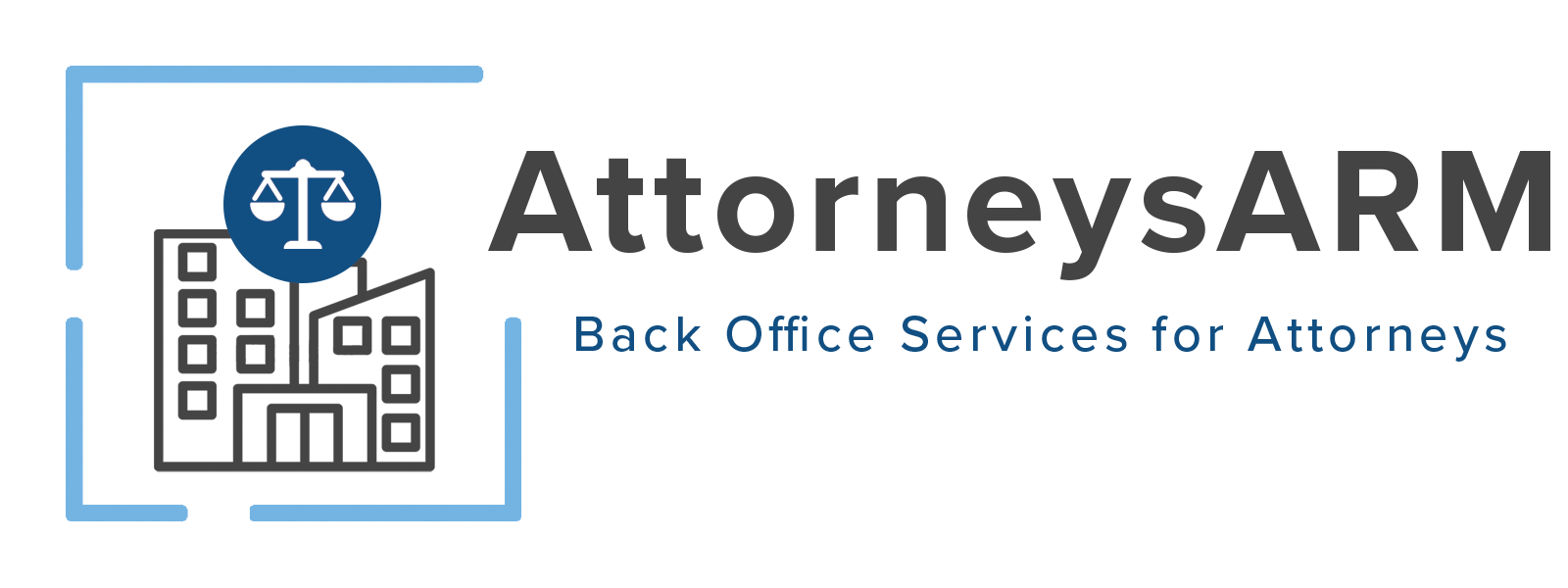3 Collections Mistakes That Are Costing You Money
The process of first party collections isn’t necessarily easy. In business, you need to be prepared for first party collections. One of the best things that you can do is to consider the first party collections process and develop a plan that will lead you through it. Without a plan, you could make mistakes that could cost your business money.
Mistake #1 – Disrespectful Treatment of Past Due Clients
Every business, regardless of industry, is made up of two parts: providing services to your clients and treating people with respect. Just because an account finds its way into collections doesn’t mean that the account holder now becomes less worthy of respect. In business and in life, most people do not simply decide they don’t want to pay. If they do, it’s usually because they had a problem or issue with your business and you didn’t help them solve it. If you’ve ever defaulted on a bill because you had an unexpected expense or a job loss, then you understand that sometimes you just cannot make the payment. When your clients entered into an agreement with your business, they did not plan to suffer a hardship or a loss of income.
The Golden Rule is just as important in first party collections as it is in any other area of your life. In some instances, it can actually be more important. When it comes to collections, you are setting your business up for one of two outcomes. You either become the bad guy of the situation or you continue to be a problem solver for your client. Bullying and disrespecting a client who is past due can make your entire organization look terrible. It can also cost you future business. A happy client may tell a few friends, family members, or colleagues. An unhappy client will tell everyone and they won’t necessarily specify that the negative interaction occurred because they couldn’t pay their bill. So, if you want to protect the reputation of your business, you must not become disrespectful.
Another issue with being a bully is that you’re likely to say something in the heat of the moment. Not only will you run the risk of being the bad guy, but you could get yourself into legal hot water. When businesses or debt collectors violate the Fair Debt Collection Practices Act by threatening or harassing a past due account holder, they can be subject to a court action. You could end up paying out a lot of money because you were trying to get paid.
Mistake #2 – Underestimating the Amount of Work Involved
Unless someone simply forgot to pay, it’s likely that you’re not going to collect on the account on the first phone call. It could take weeks or even months for you to collect on an account. Underestimating the amount of work involved in collections often means that business owners often give up and then never get paid.
Usually, accounts don’t go into official collections status until 60 or 90 days past the time it was due. That’s two or three months from the beginning. During that time frame, you were likely sending letters and maybe even tried to call. It’s important that you don’t stop until it is legally required because of the statute of limitations.
Many business owners often stop collecting because they find that the process is uncomfortable. Of course it is. Most people have dealt with a collections agent at some point or we know someone that’s gone through it. Think about how you were treated. Think about the bad reputation that collection agencies have. No one wants to be associated with that. This is another reason why it is important to work through collections as a problem solver and not a collector.
Mistake #3 – Not Following Up
Creating and implementing a follow up process can actually reduce the number of past due accounts that your business has throughout its life. Follow up doesn’t start when an account hits collection status. Follow up should start when an account first goes past due. At the very least, this should be a phone call. This is simply a follow up to make sure that the client received their invoice and that paying didn’t slip their mind. This is also your opportunity to determine if your client has financial issues.
When you follow up, you should have a plan on how you will collect on the money. If your client makes a promise to pay, mark it down and then follow up the day the payment is due. If the past due client is struggling to make their payment, you should consider lowering what is due. It might take you longer to get paid in full, but it’s better than never being paid.
Clients ARM Helps Businesses Get Paid
If you’d like to put your collections efforts into the hands of a professional, contact Clients ARM. We provide first and third party collection services. With more than 30 years of collections experience, we understand how important it is that your business maintains a positive image. This is why our collections process is based on solid good old fashioned customer service principles. We work on a contingency fee basis based on the amount that we collect on your behalf. Clients ARM has a higher than 90% collections rate. Isn’t it time that you put your collections into our hands? Clients ARM provides a free consultation. Contact us to learn more and to schedule your free consultation.




